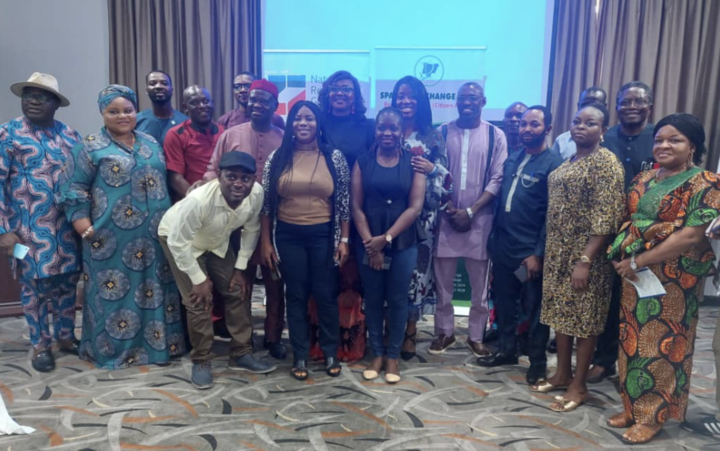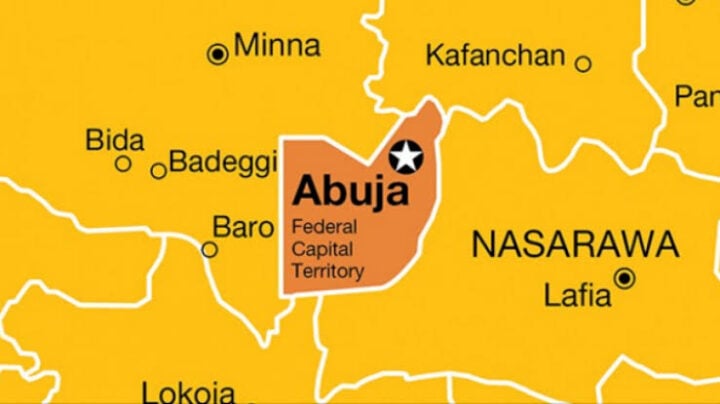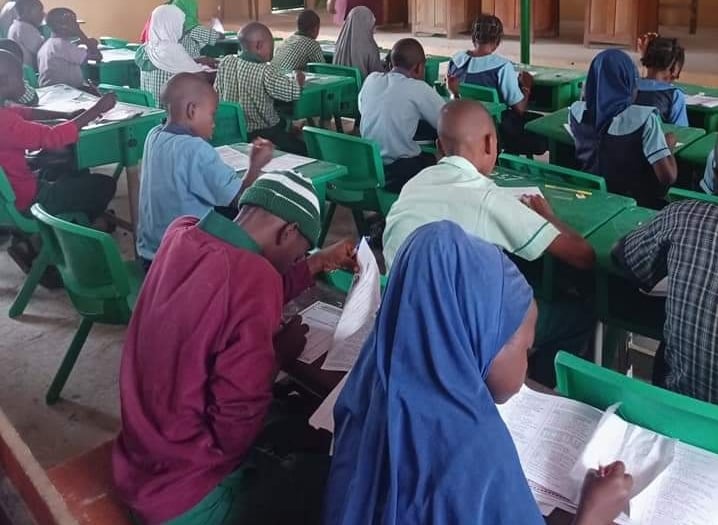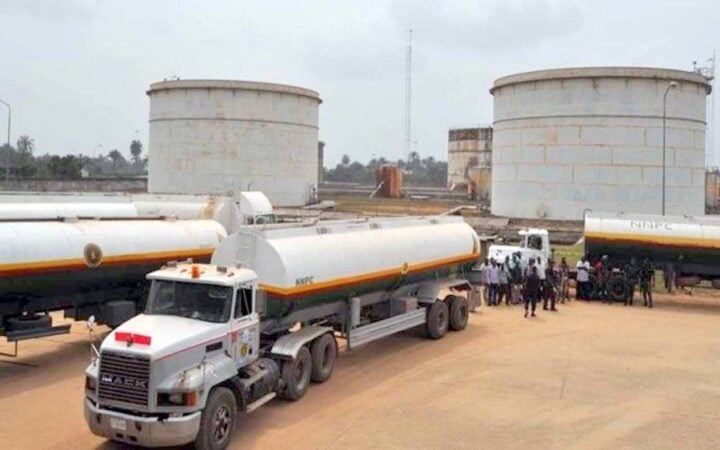For the energy transition to take its course, stakeholders have called for the involvement of oil-rich communities in the green economy.
They made the call at the recent launch of a report by civil society organisations (CSOs) in Lagos.
The report titled ‘From Exclusion to Inclusion in National Just Transition Plans’ was jointly launched by Spaces for Change (S4C), Youths and Environmental Advocacy Centre (YEAC) and Extractives 360 (E360).
The report was launched on the back of Nigeria’s energy transition plan — a major pathway in achieving universal energy access by 2030 and a carbon-neutral economy by 2060.
Advertisement
Peter Menee, a former Rivers state commissioner for energy and natural resources, said corruption “needs to be dealt with for us to transit ably”.
Menee said it was important for the local governments (LGs) and state governments to parley on the appropriate way to transition.
He said some state governments as well as LGs — who should be championing the movement for energy transition — are unconcerned about the issue.
Advertisement
“So I think that more sensitisation needs to be done – not just to state governments – but even local governments,” Mendee said.
“What is my local government doing today in this transition? Does my local government chairman even know about energy transition — how to transit from what he has to what he does not have?”
He also urged the government to develop a curriculum in tertiary institutions — especially the study of renewables — to align with energy transition goals.
Victoria Ibezim-Ohaeri, executive director of S4C, said while earnings from crude oil bring income to the country, they are not beneficial to oil-rich communities.
Advertisement
“I think what fossil fuel has done is to teach us some examples, good lessons to draw from. So if our leaders are not drawing from those lessons and if our leaders are not committed to not repeating those mistakes, unfortunately, I would say that energy transition will be better written than implemented,” she said.
“It is just going to make a lot of promises and those promises will be largely unmet.”
Also speaking at the event, Louis Ogbeifun, chief executive officer (CEO) and founder, of African Initiative for Transparency, Accountability and Responsible Leadership (AfriTAL), said efforts of CSOs and the media sped up the passage of the Petroleum Industry Act (PIA).
“We have just started another transition and I believe that with your efforts (CSOs and the media), we are going to arrive at the shores of success,” he said.
Advertisement
“Nigeria needs oil to exit oil. And whether we like it or not, oil is still going to be with us for a long time because the transition in America can not be like the transition in Nigeria. After all, if you are talking about meeting $1.9 trillion another $10 billion per annum to properly key into the transition, I don’t think we have that money.
“But you have your oil. However, in having that oil, can we begin to think of making the lives of those within the oil community better so that by the time we are exiting oil, they are also better off in terms of welfare, livelihood and in terms of cleanup that we have seen.”
Advertisement
Add a comment






